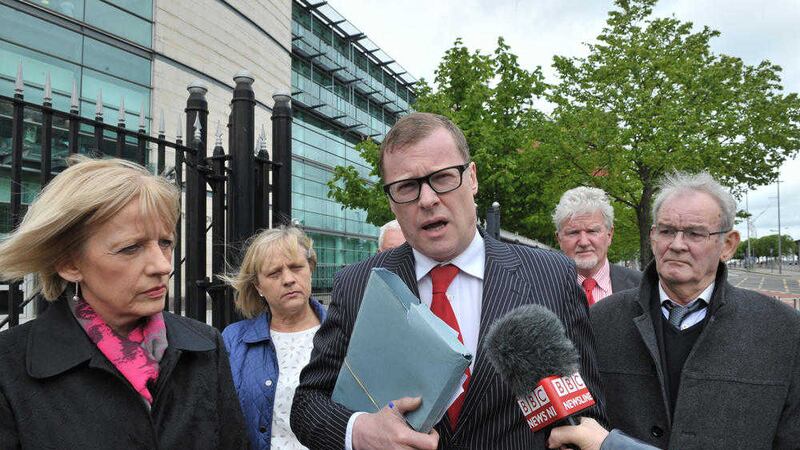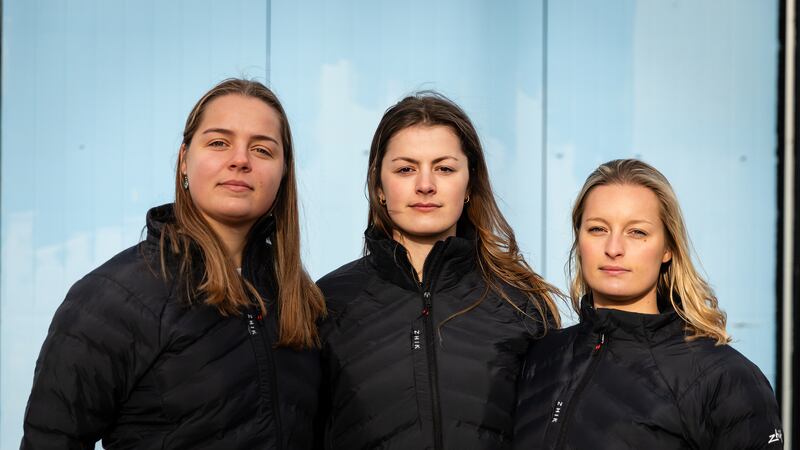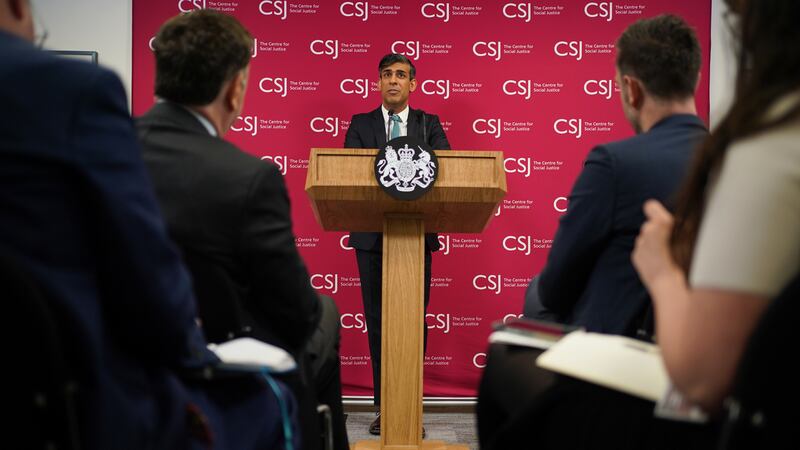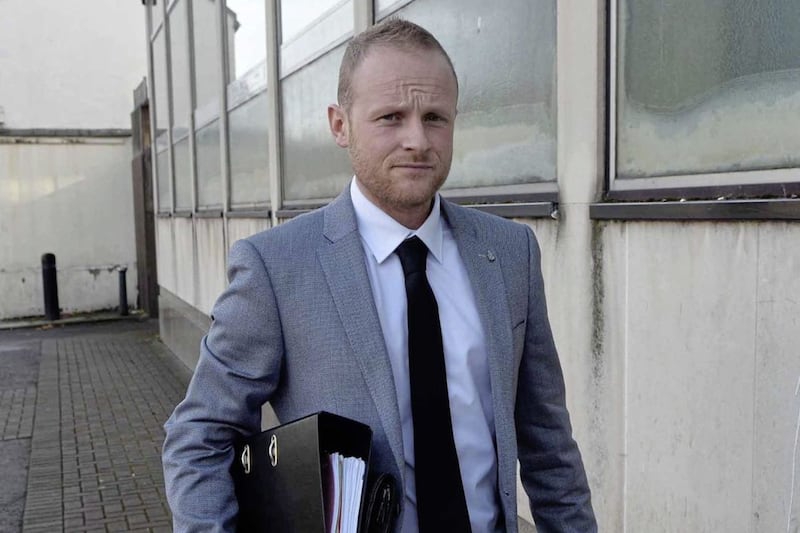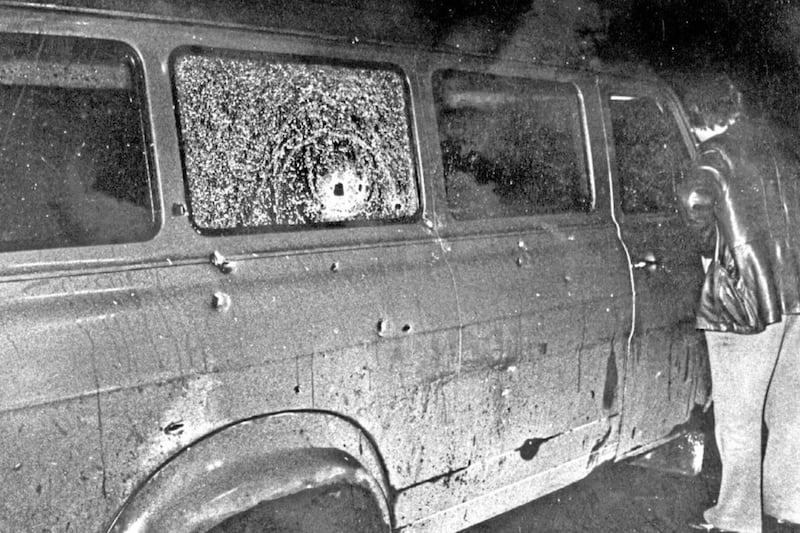THE Kingsmill atrocity is not an event that can be viewed in isolation but must be seen in the context of spiralling violence and deepening sectarian tensions along the border areas of Northern Ireland.
So called 'Bandit Country' South Armagh was home to one of the most active units of the IRA and was also the most heavily fortified, with army watchtowers blotting the picturesque rural landscape and security forces only travelling by helicopter.
But that is only part of the story. People like cattle breeder Eugene Reavey worked side by side with their Protestant neighbours and managed to retain personal and working relationships despite the escalating conflict.
However events of 1976 transformed what had been a war between the security forces and the IRA, to bringing the area to the brink of a bitter, bloody and brutal sectarian civil war.
The murder of Eugene Reavey's three brothers along with three members of the O'Dowd family, followed 24 hours later by the slaughter of ten Protestant workman at Kingsmill tore the heart out the rural farming community.
Mr Reavey was later falsely connected to the Kingsmill attack by former DUP leader Ian Paisley who used parliamentary privilege to name him in the House of Commons along with other 'alleged' suspects from a security dossier.
The Irish News today gives details of that dossier and can reveal the documents were doctored to include the names of innocent Catholic farming families in an attempt to deflect attention away from allegations of collusion between the UDR and loyalist paramilitaries in the area.
The result of Dr Paisley's intervention in the case was Mr Reavey being shunned by people he once thought of as friends. And while he was later cleared of any wrongdoing by the HET the hurt remains until this day.
The Kingsmill families, just like the Reavey and O'Dowd families and countless others living along the border, have been denied justice and the delay in them ever finding out the truth continues.
An inquest into Kingsmill was told last week a suspect had been identified through a review of a 40 year old palm print.
The Irish News revealed this palm print belongs, not to some low ranking IRA man, but Colm Murphy, probably the most well known republican in the area and one who has been arrested more than 30 times since 1976.
Clearly this is a huge matter of public interest - but one that the PSNI sought to prevent the Irish News from reporting by issuing a late night, but ultimately unsuccessful High Court challenge.
